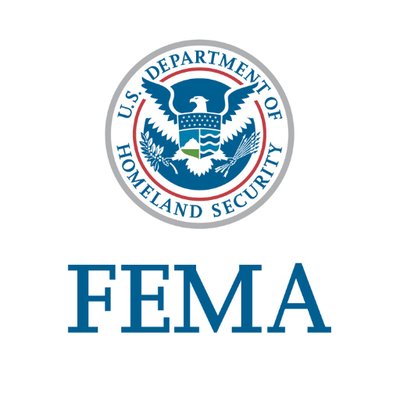564
WPPJ receives status update on 2016 flooding reimbursement
As Webster Parish residents may know, many roads across the parish remain damaged from the heavy flooding event of 2016. In many cases, repairs remain stalled because the Federal Emerg
Frustration with FEMA
previous post


